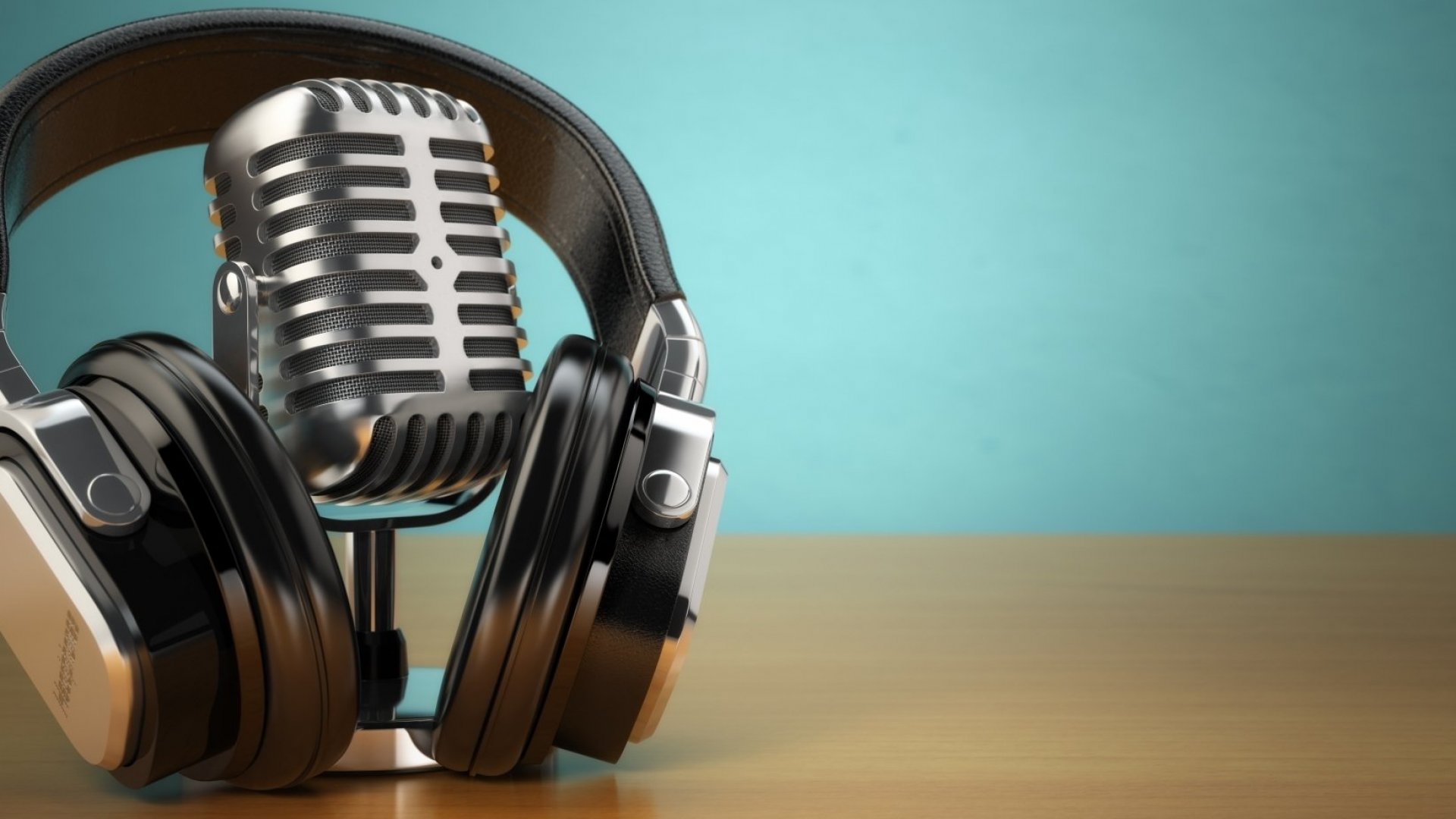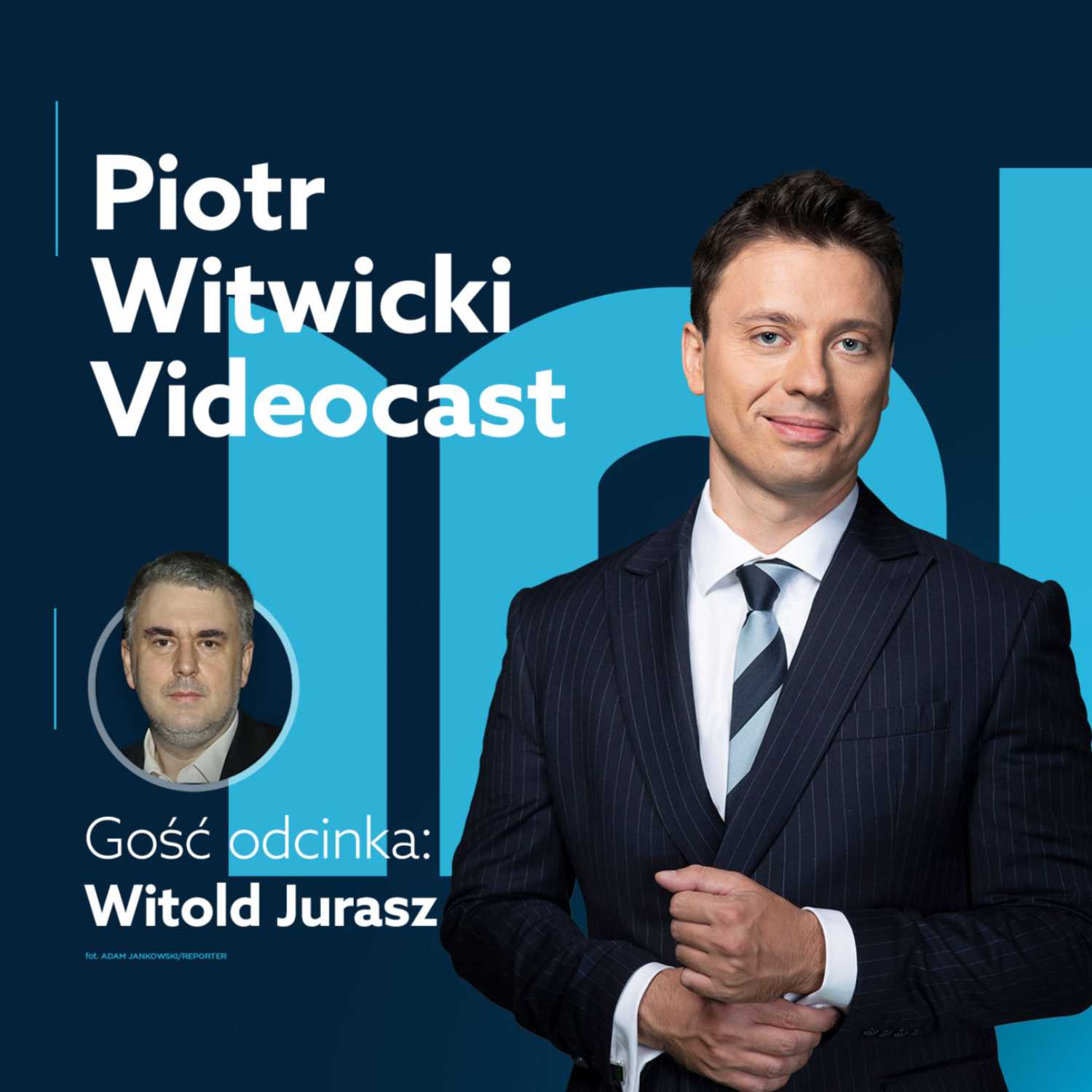21. Witold Lutosławski
Compositor y director de orquesta polaco. Abarca el estilo neoclásico con elementos de música folclórica nacional y la música ligera, introduce su propio estilo dodecafónico, explora la aleatoriedad y evoluciona, en sus obras finales, hacia un estilo menos monumental.
_____Has escuchado
Cello Concerto (1970). Heinrich Schiff, violonchelo; Symphony Orchestra of the National Philharmonic (Warsaw); Witold Rowicki, director. Philips (1999)Symphony No. 3 (1983). Berliner Philharmoniker; Witold Lutosławski, director. Philips (1999)Trois poèmes d’Henri Michaux: For 20-Part Choir and Orchestra. Le grand combat (1963). The Polish Radio Choir in Cracow; The Polish Radio National Symphony Orchestra in Katowice; Jan Krenz, director. WERGO (1979)
_____ Selección bibliográficaBĘDKOWSKI, Stanisław y Stanisław Hrabia, Witold Lutosławski: A Bio-Bibliography. Greenwood Press, 2001BODMAN RAE, Charles, The Music of Lutosławski. Faber and Faber, 1994GARRIDO, Tomás, “Witold Lutosławski, un compositor fundamental del siglo XX”. Quodlibet: Revista de Especialización Musical, n.º 56 (2014), pp. 56-101*GIERACZYŃSKI, Bogdan, “Witold Lutosławski in Interview”. Tempo, n.º 170 (1989), pp. 4-10JAKELSKI, Lisa y Nicholas Reyland, Lutosławski’s Worlds. The Boydell Press, 2018*KACZYŃSKI, Tadeusz, Conversations with Witold Lutosławski. Chester Music, 1984MARCO, Tomás, “Witold Lutosławski, de este a oeste”. Quodlibet: Revista de Especialización Musical, n.º 56 (2014), pp. 30-55*MARTÍNEZ GARCÍA, Gonzalo, Una teoría sobre el movimiento tonal a gran escala en la música del tercer periodo estilístico de Witold Lutosławski, 1979-1994. Tesis doctoral, Universidad Autónoma de Madrid, 2006—, “Estrategias de movimiento tonal a gran escala en la música tardía de Lutosławski, 1979-1994”. Quodlibet: Revista de Especialización Musical, n.º 56 (2014), pp. 102-141*REYLAND, Nicholas, “Livre or Symphony? Lutosławski’s Livre pour orchestre and the Enigma of Musical Narrativity”. Music Analysis, vol. 27, n.º 2-3 (2008), pp. 253-294*RICE, Hugh Collins, “Witold Lutosławski and the Craft of Writing Nothing”. Tempo, vol. 64, n.º 253 (2010), pp. 21-29*RUST, Douglas, “Conversation with Witold Lutosławski”. The Musical Quarterly, vol. 79, n.º 1 (1995), pp. 207-223*SKOWRON, Zbigniew (ed.), Lutosławski Studies. Oxford University Press, 2001— (ed.), Lutosławski on Music. The Scarecrow Press, 2007STUCKY, Steven, Lutosławski and His Music. Cambridge University Press, 1981 *Documento disponible para su consulta en la Sala de Nuevas Músicas de la Biblioteca y Centro de Apoyo a la Investigación de la Fundación Juan March



